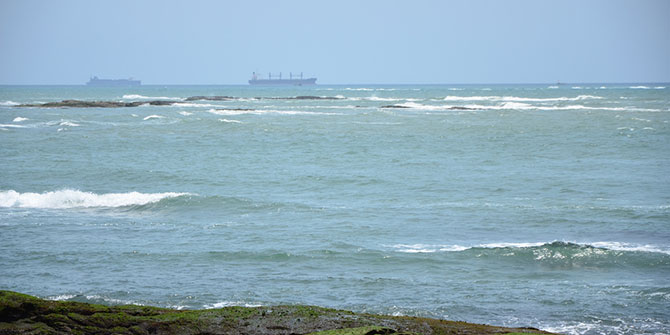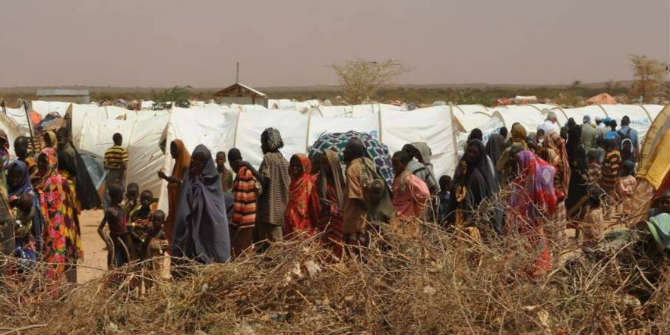It is that time of the year when we stop to take stock of the last 12 months and we are happy to present the best-read @AfricaAtLSE blog posts of 2016, as voted by you with your clicks. If you missed any of these, here is your opportunity to catch up!
-
Gambia continues to defy existing political norms on the African continent – Ismaila Ceesay analyses the surprise defeat of President Yahya Jammeh of Gambia by Adama Barrow in the recent elections. Subsequently, President Jammeh retracted his concession, so this will be a story to keep an eye on in 2017.
-
How severe is Africa’s Brain Drain? – A country’s true strength is its people. To Africa’s dismay, the continent continues to suffer a brain drain where the highly educated and skilled leave for greener pastures. LSE’s Scott Firsing (@scottfirsing) examines whether Africa’s brain drain is as ‘frightening’ as it seems.
-
Beyond Free Basics: Facebook, data bundles and Zambia’s social media internet – In the final article of a series looking at the role of digital technology and social media in Zambia’s recent elections, LSE’s Wendy Willems (@WendyWillems_) argues that mobile data bundles are crucial to the growing power of social media platforms in Zambia, increasingly creating a ‘social media internet’.
-
Parents in Somaliland are going to great lengths to stop their children from migrating to Europe – Nimo-ilhan Ali (@IlhanNimo) unveils one of the strategies used by Somali parents to prevent their children from undertaking the risky journey to Europe.
-
The Vocabulary of a Development Worldview – Ifeoluwa Adedeji (@TheIfeAdedeji) analyses the shift in notions used to refer to postcolonial states.
-
Scholars Tackle the Persistence of Colonial Legacy in the Academy and Society at Large – After attending the recent Decolonizing the Academy conference, LSE’s Aaron Munzaa (@AaronMunzaa) asserts that while listening is good, it is critical that there is active engagement in deconstructing dominant and oppressive power structures and legacies in all spheres of life.
-
Social media, platform power and (mis)information in Zambia’s recent elections – In this series of three articles, LSE’s Wendy Willems (@WendyWillems_) examines the role of digital technology and social media in Zambia’s recent elections. She situates this within the broader context of the African continent where both governments and mobile phone operators face a growing number of economic and political dilemmas in relation to the rise of social media.
-
Where is the ‘African’ in African Studies? – We need to put the ‘African’ in African Studies, not as a token gesture, but as an affirmation that Africans have always produced knowledge about their continent, says Robtel Neajai Pailey (@RobtelNeajai).
-
Special Challenges Eritrean Refugees Face in Europe – As Syrians refugees fleeing turmoil reach Europe, Yohannes Woldemariam discusses the impact on the flow of Eritreans also seeking a safe haven.
-
Post-Conflict Peacebuilding in South Sudan: The Security Dilemma in a Transitional Government of National Unity – Nicodemus Minde (@decolanga) analyses the ongoing quest for peace in the world’s youngest country, South Sudan.
The views expressed in this post are those of the author and in no way reflect those of the Africa at LSE blog or the London School of Economics and Political Science.






1 Comments